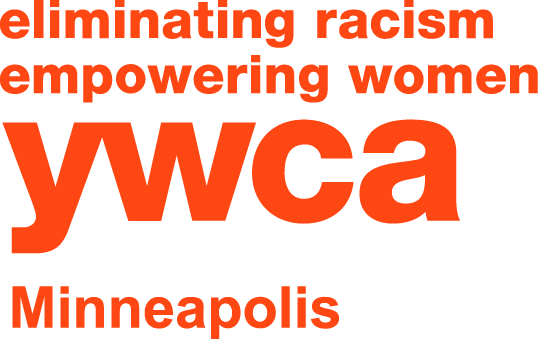Q&A with Racial Justice Facilitator Tyrai Bronson-Pruitt
The YWCA Racial Justice Facilitator Program gives community members the tools and opportunities needed to stand for racial justice in their everyday lives. Facilitators go on to lead dialogues at YWCA workshops, community conversations, and our annual It’s Time to Talk: Forums on RaceTM event. Learn what YWCA Racial Justice Facilitator Tyrai Bronson-Pruitt has to say about facilitating dialogue about race and how it helps bring missing voices to the table.
Why did you want to be a Racial Justice Facilitator?
I saw it as a way to gain skills that would influence the impact I want to make in my community and in my workplace. I was attracted to the idea of bringing people together to share experiences and learn from one another as a means to systemic change!
Why is this work important to you?
Racial justice affects everyone. I believe in creating inclusive environments where everyone can bring all of their identities and feel valued. Unfortunately, we do not live in a world where this is true in all spaces. However, we all have a role to play in creating more of these spaces for more people by persisting, advocating, learning and growing together!
What have you learned through your experience with YWCA Minneapolis?
While we all may have similar goals and values, we must continue to learn more about ourselves and each other in order to work effectively across our differences. This is a lifelong process that takes courage and commitment.
What is one moment during a racial justice workshop that has stood out to you?
At the end of each session, I open the floor for people to share something that is sticking with them or something they have been reflecting on. It always makes me smile when someone shares they have learned more about their own blind spots and how they can use that knowledge to be more effective in their interactions with others. It excites me to know the conversations, activities, dialogue, etc. that participants are engaging in are helping to move us toward a more equitable society.
What are some of the skills that you learned through the Racial Justice Facilitator Training?
My passion is and has always been learning and sharing what I've learned with others. The Racial Justice Facilitator Training at YWCA Minneapolis provided another opportunity to fuel that passion, especially in the area of active listening, a skill that is essential in this work. Being open to hearing and sharing perspectives, sitting in the discomfort of the unfamiliar and seeking understanding as a means to reconciliation – all of this leads to a more just and inclusive society. Being a better listener has allowed me to be a better facilitator and leader in many areas of my work.
What is one challenge that has come up as a racial justice facilitator?
Talking about racial justice in not always easy. We are all in the different places on our journey and have had many different experiences along the way. The biggest challenge is trying to meet everyone where they are on their journey so the information can be effectively received. Often I have to take a step back and think about how my own experiences influence how I am delivering content and how I can make room for other perspectives. As a facilitator, I am consistently learning about others and, most importantly about myself.
What is your hope or vision for our community?
My hope is that we will continue to seek knowledge of self and others, and to understand and utilize our power as individuals and a community. I am committed to this work so that my children and generations after them can live in a world where they can be who they are in all spaces and be proud! We live in a world influenced by power and social status. As a person of color, I understand there may not always be a spot created for me to influence the type of change that I'd like to see.However, as Shirley Chisholm once said, "If they don’t give you a seat at the table, bring a folding chair." My vision is that we – people of color, women, LGBTQ identified folks and other marginalized identities – continue to bring our folding chairs to all the tables where our voices are missing. While we are doing that, let our allies and accomplices intentionally slide their chairs over, bring an extra chair, or in some cases give up their seat.
